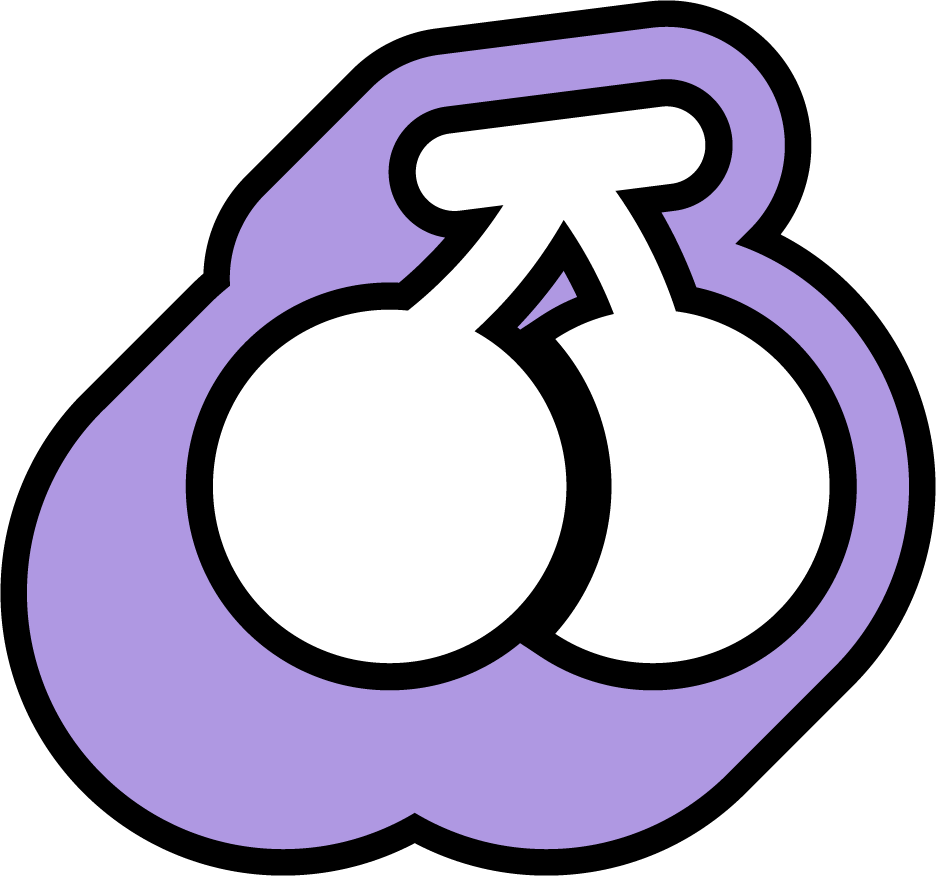Unique Korean drama concepts
K-drama trends come and go. One year it’s ghosts, next it’s robots. We take a look at the most unique tropes of all.
Mask Girl. Image: Netflix
We all know the classic romance K-drama – a man with a cold exterior and more money than he knows what to do with becomes romantically entangled with a plucky down-on-her-luck woman. If it’s not a romance, we might bear witness to an ambitious woman in a revenge-driven melodrama. The formulas are tried and true, but sometimes as a viewer we become worn down by the same tropes.
That’s where the trends come in. Every couple of years a fun concept comes along that gives us a little boost of fresh storytelling. We’re not re-inventing the Korean drama wheel but adding a new element into the formula.
Influences and Internet Fame
This concept is all about celebrity culture and the ‘new wave’ of online fame. You don’t have to be a singer, actor, or politician for people to know your face; all you need is a webcam. How far will people go for their shot at fame?
Mask Girl (2023)
Mask Girl is a thriller about a woman whose looks have forced her to create a masked online persona to fulfil her dreams of becoming a celebrity. The show explores beauty standards, obsession, and parasocial relationships. It doesn’t pull punches when it comes to exposing toxic relationships between internet celebrities and their fans.
Celebrity (2023)
Told via flashbacks by our heroine, the story of Celebrity takes us through the backstabbing lives of social media influencers. Behind the glamour of luxury goods and red-carpet events, the world of online fame is cutthroat. With murder mystery elements, the drama explores the vapidity of influencers and their obsession with their own image.
Robots and Androids
Before ChatGPT and AI became cultural talking points, Kdramas were already looking to the future to see how far robotics could go. These dramas explore themes of humanity, technology, and hidden identities. Sometimes you need a robot to show you the depth of the human experience.
I’m Not a Robot (2017)
Exploring emotional connection and loneliness, this drama follows the story of a man with an allergy to human contact and a woman who has to pretend to be an advanced robot. Full of the classic rom com tropes, I’m Not a Robot is a fresh take on the rich man/struggling woman storyline.
Are You Human Too? (2018)
Exploring the idea of hyper intelligent androids walking among us, Are You Human Too? is about a robot who has to pretend to be the chaebol (a rich business family) he is modelled after. The drama embraces the sci-fi elements of the concept and explores robot ethics.
My Absolute Boyfriend (2019)
Based on a Japanese manga, My Absolute Boyfriend follows the story of a make-up artist who accidentally activates an advanced robot boyfriend who becomes blindly devoted to her. Using the android concept, the drama reminds us that fleeting relationships are beautiful in their own right.
Ghosts
Supernatural elements in romance dramas blend comedic scenes and emotional explorations of loss and death. Korean shamanism has heavily influenced these stories, which remind us that spirits don’t have to be just for horror movies but can make us laugh and cry.
Oh, My Ghost (2015)
‘Oh, My Ghost’ promotional poster. Image: IMDB
A shy woman gets possessed by a ghost determined to seduce as many men as possible so she can move on to the afterlife. The drama looks at what would keep us tethered to Earth as a spirit and what really matters to us in life.
Bring It On, Ghost (2016)
The drama tells the story of a man who can reluctantly see ghosts. With the help of a spirit, he works as an exorcist banishing unsavoury ghosts to the afterlife. The ‘monster of the week’ style of ghost-hunting stories give the show emotional depth and ground the supernatural backdrop.
Multiple Personalities
The mental condition where an individual can have multiple personalities, or ‘alters’ as they are sometimes called, is known as dissociative identity disorder (DID). Shows about this condition usually look at how people deal with trauma, their coping mechanisms, and their healing journey.
Comedy and tragedy are intertwined in these explorations of sensitive topics. It’s important to note that these dramas are not considered accurate depictions of dissociative identity disorder.
Kill Me, Heal Me (2015)
A traumatic event results in seven distinct personalities living in one body. The ‘main’ personality is on a journey of healing to regain control of his life. A kdrama classic, the show pulls at the heartstrings with its portrayal of childhood trauma and the resilience of the human brain.
Hyde, Jekyll, Me (2015)
‘Hyde, Jeckyll, Me’ promotional poster. Image: IMDB
Whenever a cold chaebol’s heart rate goes over 150, he switches to a kind and gentle alternate personality. The drama explores the way people with mental health issues can withdraw from the outside world in order to protect themselves and how reaching out can make a big difference.
Unique story lines keep K-dramas fresh and can draw inspiration from anywhere. As viewers, we are rarely bored as there are always trends which bring new messages for audiences to enjoy and ponder. And if there’s a concept you like, you can easily find other stories which put their own twist on it. Let us know which unique K-drama trope is your favourite in the comments below!
Edited by Chelsea Cheetham.



